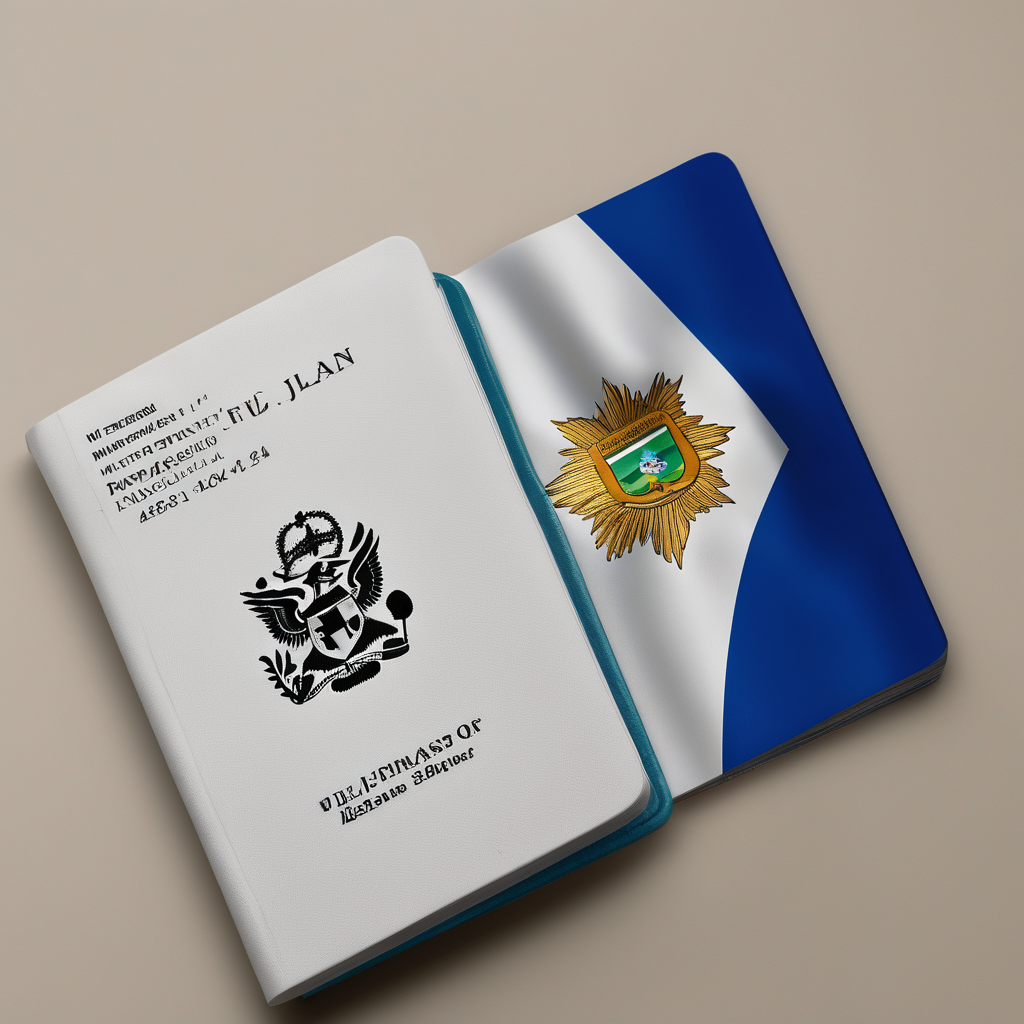Fijian Prime Minister Sitiveni Rabuka has reaffirmed his long-term goal to establish a Fijian embassy in Jerusalem, a plan he has advocated since his tenure as Prime Minister in the 1990s. This decision has sparked mixed reactions on social media, with some questioning the necessity of this diplomatic mission. Rabuka addressed these concerns by emphasizing Israel’s historical support for Fiji, particularly following the 1987 coup, during which key allies such as Australia, New Zealand, and the United States distanced themselves from Fiji. Israel provided critical support in the form of patrol boats and military equipment, aiding Fiji in maintaining its peacekeeping roles.
This initiative reflects Fiji’s dedication to strengthening its diplomatic ties with Israel, a relationship that has evolved over many years. The embassy in Jerusalem marks Fiji’s intent to broaden its international relations, underscoring mutual interests in sectors like agriculture, security, and climate change adaptation.
By situating its embassy in Jerusalem, Fiji aligns itself with a select group of countries that have made similar diplomatic decisions, showcasing its independent foreign policy amid a complex global landscape. Fiji seeks to foster dialogue and peace while enhancing diplomatic relations. Prime Minister Rabuka has clarified that establishing the embassy is not a statement on conflict but an opportunity to foster discussion and collaboration, supporting Fiji’s aspiration for an “Ocean of Peace.”
This embassy inauguration signifies not only the strengthening bond between Fiji and Israel but also positions Fiji as a proactive player in the realm of international diplomacy, committed to peace initiatives and its strategic goals. Fiji’s approach offers an optimistic view on addressing global issues through dialogue and partnership, maintaining its dedication to neutrality and peace.
